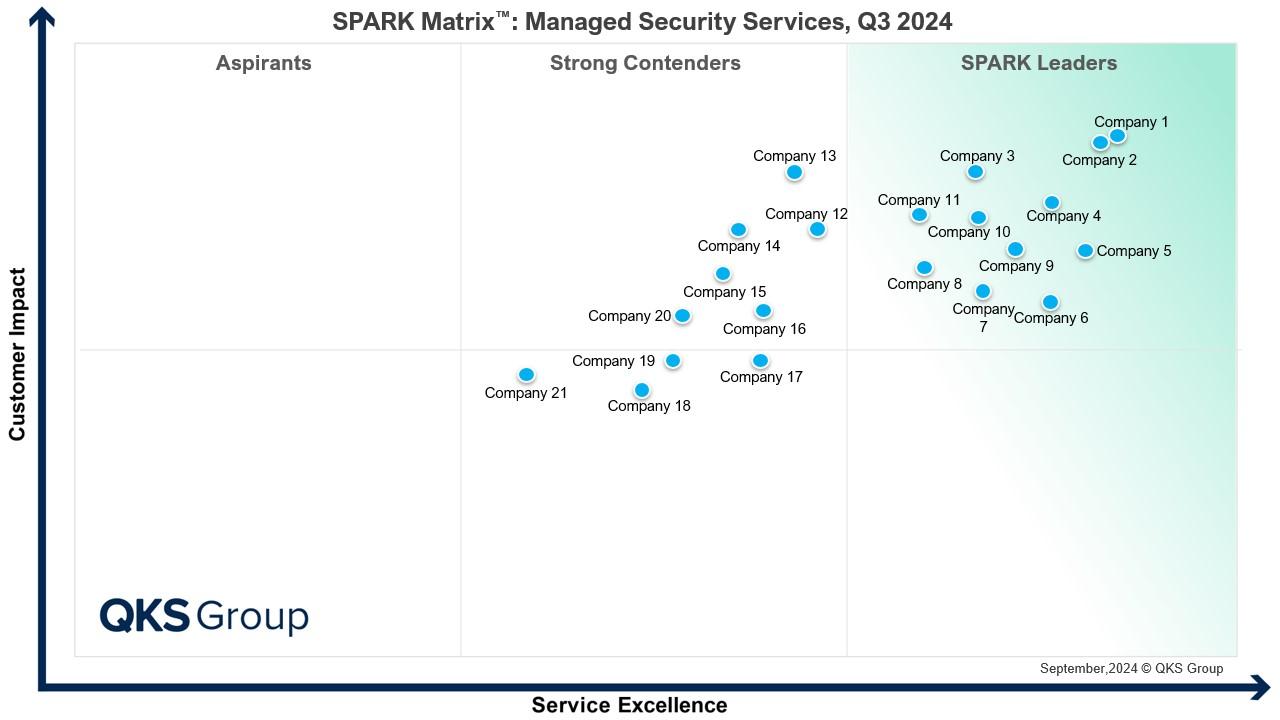In today’s ever-evolving digital landscape, organizations face increasing threats from cyberattacks, data breaches, and security vulnerabilities. To counter these challenges, businesses are turning to Managed Security Services (MSS) — comprehensive, third-party solutions designed to monitor, manage, and protect an organization’s IT environment 24/7. By leveraging advanced technologies, automation, and expert-driven insights, MSS providers empower enterprises to safeguard their critical data and infrastructure while maintaining operational resilience and compliance.
Understanding Managed Security Services (MSS)
Managed Security Services (MSS) refer to a suite of proactive, tailored solutions managed by specialized third-party providers. These services encompass continuous monitoring, detection, response, and protection of client organizations’ digital assets. The goal of MSS is to ensure that every security layer — from endpoint protection and network security to cloud defenses and threat intelligence — operates efficiently to mitigate risks and prevent cyber incidents before they occur.
MSS providers operate as strategic partners, delivering a holistic approach to security management that aligns with specific business goals and compliance requirements.
Key Features and Capabilities of MSS
The modern Managed Security Services (MSS) landscape is driven by flexibility, scalability, and innovation. These services can be deployed through multiple models — including cloud infrastructure, on-premises setups, or hybrid delivery modes — depending on an organization’s unique operational needs.
Some of the core features of MSS include:
- 24/7 Threat Monitoring and Detection: Continuous visibility into systems, networks, and endpoints to identify suspicious activities in real-time.
- Incident Response and Remediation: Rapid identification, containment, and mitigation of cyber incidents to minimize potential damage.
- Vulnerability Management: Regular scanning and patch management to address security weaknesses before exploitation.
- Security Information and Event Management (SIEM): Centralized analysis of logs and events to detect anomalies and coordinate response efforts.
- Compliance and Reporting: Support for regulatory frameworks like GDPR, HIPAA, PCI-DSS, and ISO 27001 through automated reporting and audit readiness.
- Cloud and Endpoint Protection: Securing multi-cloud and hybrid environments against sophisticated cyber threats.
The Flexibility of MSS Delivery Models
One of the greatest strengths of Managed Security Services (MSS) lies in their flexible delivery approach. Depending on enterprise requirements, MSS can be delivered through:
- Cloud Infrastructure: Leveraging the provider’s cloud for scalable and cost-effective management.
- On-Premises Solutions: Direct integration with internal systems for organizations that require full control over their infrastructure.
- Hybrid Approaches: Combining on-premises and cloud-based elements for maximum efficiency and resilience.
- Consultative Engagements and Staff Augmentation: Providing specialized security expertise, training, and strategic guidance to strengthen in-house teams.
This versatility ensures that organizations of all sizes — from startups to global enterprises — can implement security solutions aligned with their risk tolerance, regulatory environment, and operational objectives.
Benefits of Managed Security Services (MSS)
Adopting Managed Security Services provides organizations with numerous advantages that extend beyond basic threat defense:
- Proactive Threat Prevention: Detect and respond to risks before they escalate.
- Cost Efficiency: Eliminate the need for maintaining large, in-house security teams and expensive infrastructure.
- Expertise Access: Leverage the experience of certified security professionals with deep domain knowledge.
- Enhanced Compliance: Meet and maintain global regulatory standards seamlessly.
- Scalability: Adjust security coverage as your business grows or evolves.
- Improved Focus on Core Business: Free internal teams to focus on innovation while MSS providers handle security operations.
The Strategic Importance of MSS
As cyberattacks grow in sophistication and frequency, Managed Security Services (MSS) are emerging as strategic enablers for digital enterprises. They help organizations navigate an increasingly complex IT landscape with confidence, ensuring business continuity and resilience. By adopting MSS, companies gain not just protection, but peace of mind — knowing that their systems are monitored, managed, and safeguarded by dedicated experts.
In an age where cybersecurity is synonymous with business trust, Managed Security Services serve as a critical pillar of digital transformation, empowering organizations to innovate securely and sustainably.
Conclusion
In conclusion, Managed Security Services (MSS) provide a robust, flexible, and intelligent framework for managing security risks in real time. Through continuous monitoring, incident response, and proactive threat management, MSS enable businesses to safeguard their assets while maintaining compliance and operational efficiency. As cyber threats continue to evolve, organizations that embrace Managed Security Services will be best positioned to defend against vulnerabilities, maintain trust, and secure their digital future.

